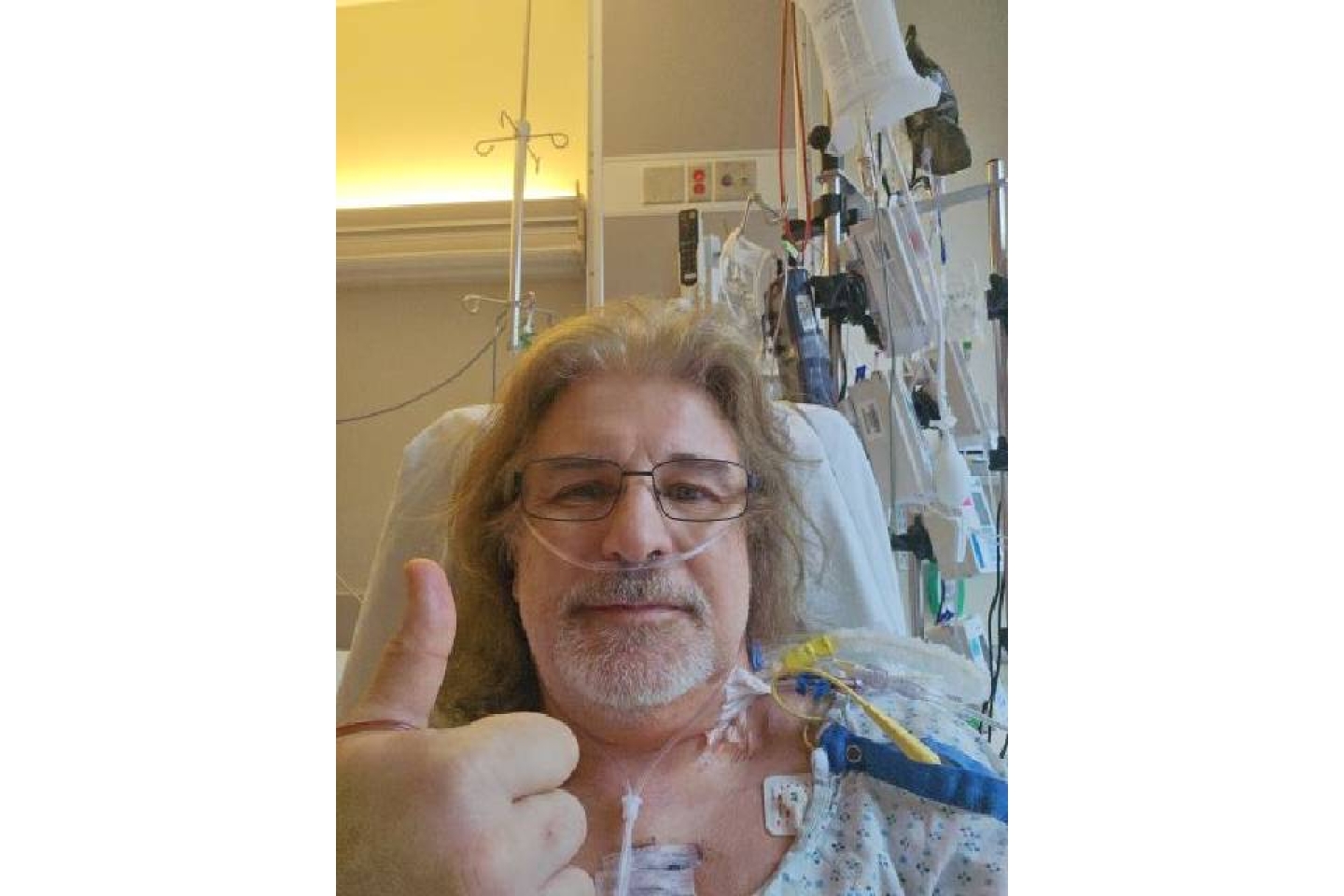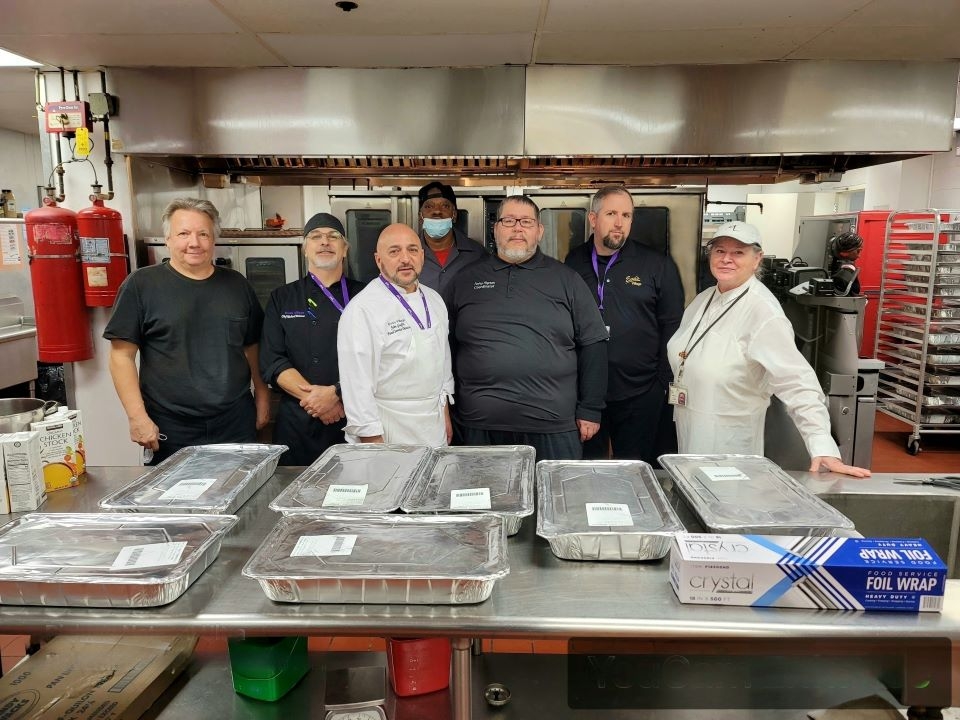
Last summer, Rich Meissner’s relaxing family vacation took a harrowing turn after he was involved in a serious car accident. While Meissner and his family were uninjured, the event left a devastating secondary impact: a few nights later, he experienced a major atrial fibrillation episode. Atrial fibrillation, or AFib, is a heart rhythm issue affecting more than 2 million American adults. “I knew the intense stress from the accident brought this on,” Meissner says.
Meissner’s health journey has been a long one. In addition to having a family history of heart problems, the 56-year-old Clark, NJ resident long struggled with high blood pressure and weight challenges. He also had a heart murmur detected by his primary care physician, Dr. Adam Cheriff, during his first office visit in 2008. Three years later, the murmur got worse. “The character had changed, becoming harsher,” Dr. Cheriff says. He referred Meissner to cardiologist Dr. Robert Kim for an ultrasound. Meissner was diagnosed with Hypertrophic Cardiomyopathy (HCM), the most common genetic cardiac disease. Characterized by an abnormal thickening of the heart walls, the condition can impede blood flow and increase the risk of sudden cardiac death.
The condition motivated Meissner to become healthier to better manage his HCM. In 2014, he underwent gastric bypass surgery and achieved a healthier weight. He also made lifestyle adjustments around nutrition and stress management, which was often challenging in in his high-pressure career as a Manhattan-based chef. The upside of working long restaurant hours, however, was staying active. “I started walking a lot,” Meissner says, “and I realized that over the course of the day, I could get in 12,000 steps or more.”
But the aftermath of Meissner’s cardiac health following last summer’s accident concerned his doctors, including Dr. Diala Steitieh, director of Weill Cornell Medicine’s HCM program. “There are many effective treatments available for HCM, including new medications and procedures,” Dr. Steitieh says. “Everyone deserves to have a good quality of life and to be able to breathe comfortably, which was our top goal for [Meissner].”
After thoughtful discussion with Dr. Steitieh and his family, Meissner felt a septal myectomy, which removes part of the heart wall, or septum, to improve blood flow, was his best choice to maximize his quality of life. Dr. Leonard Girardi, Chair of the Department of Cardiothoracic Surgery, performed Meissner’s surgery this past February. He was home less than a week after surgery and returned to work two months later.
“[Meissner was a good candidate for the surgery because he was in better health and committed to staying that way,” Dr. Cheriff says. “Despite some daunting health challenges, he’s always maintained an incredibly positive outlook.”
“My only regret is not getting [the surgery] done even sooner than I did,” Meissner says. “It’s major surgery, and I was a bit nervous. The buildup made it worse.”

For the last few years, Meissner has served as executive chef of the community kitchen at Eva’s Village, a nonprofit offering comprehensive support for individuals struggling with substance use disorders, homelessness, mental health issues, and food insecurity. The move was a conscious one. Meissner feels grateful to have been able to make the change after decades working in Manhattan’s intense restaurant world.
Meissner also credits the exceptional care provided by his team of specialists at Weill Cornell Medicine for empowering his health journey. He urges patients with similar challenges, especially around family history, to keep up with their care, noting, “It can be so easy to let things slide, but it’s so important.”
Our HCM program offers tailored, multidisciplinary care for patients managing one the most common—and serious—genetic cardiac diseases. HCM can affect patients in different ways, and our specialists provide a holistic evaluation and personalized treatment plan for every patient. The HCM program’s services include genetic testing, echocardiograms, cardiac MRIs, minimally invasive treatments, pediatric evaluation for children whose parents have HCM, and more.
For a consultation, patients can call (646) 962-5558.